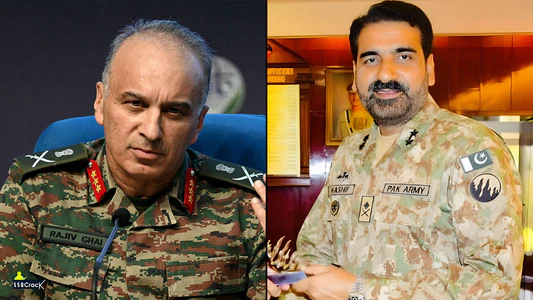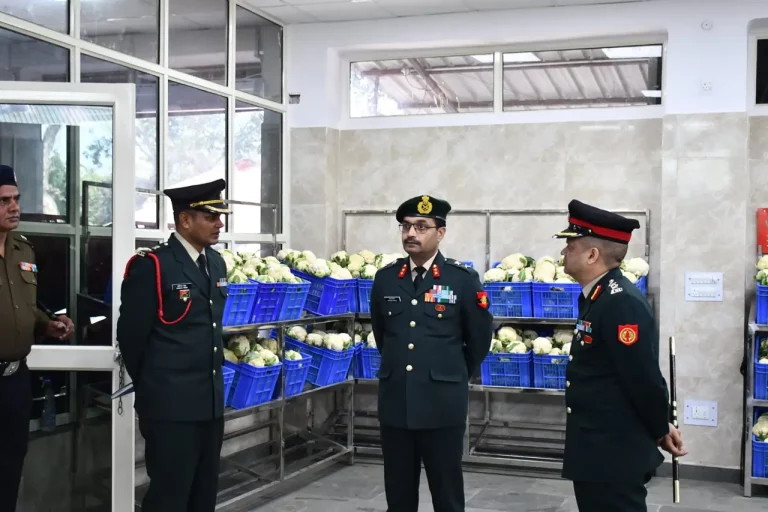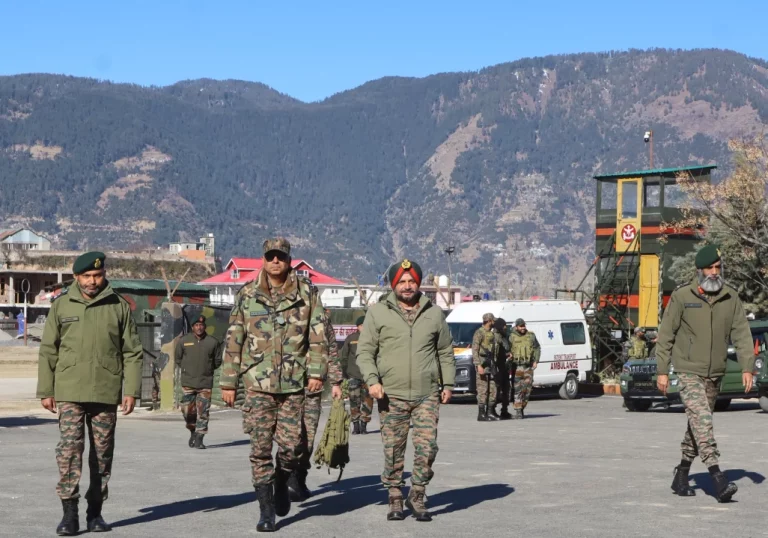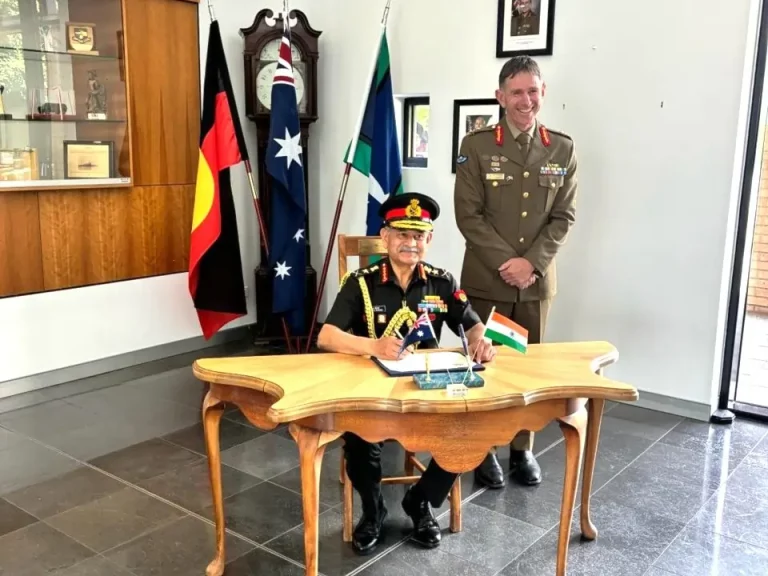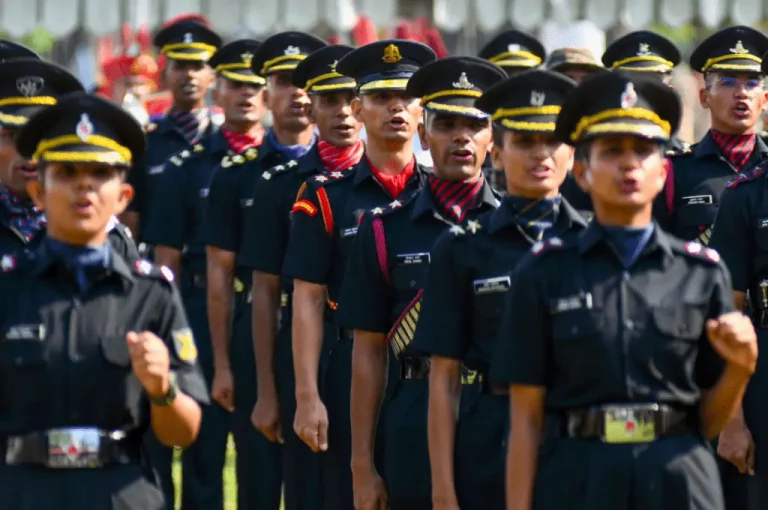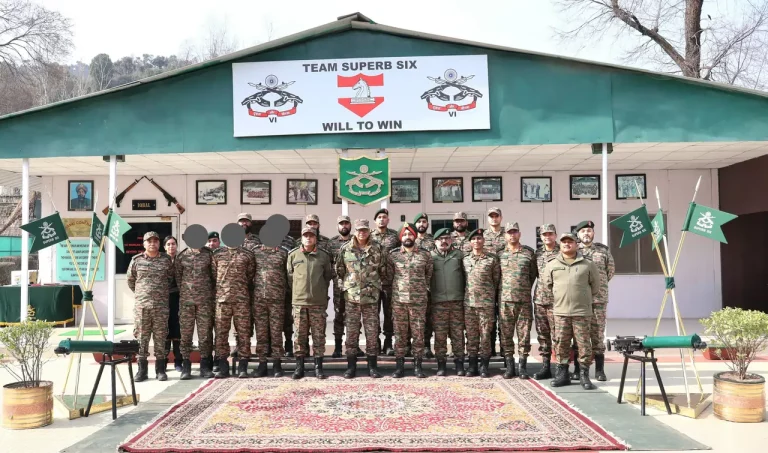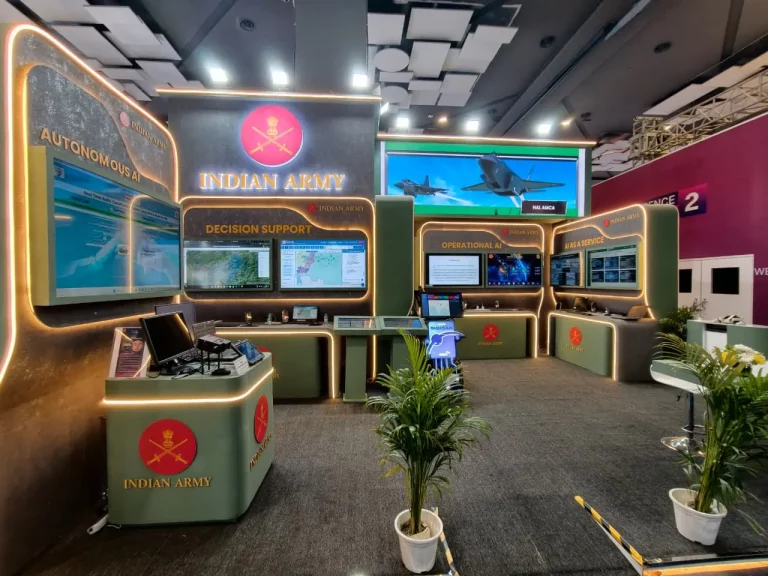In a significant development from India’s recent military operations, the Indian Director General of Military Operations (DGMO) revealed that notification was only given to his Pakistani counterpart regarding the May 7 airstrikes once Indian fighter jets returned safely to their base. This detail, shared with a parliamentary panel, offers insight into the strategic approach taken during Operation Sindoor.
The operation, conducted in response to a deadly terror attack in Pahalgam on April 22 that resulted in 26 fatalities, including two foreign nationals, targeted nine terror camps located in Pakistan and Pakistan-occupied Kashmir. These camps were reportedly linked to various proscribed groups, including Jaish-e-Mohammed, Lashkar-e-Taiba, and Hizbul Mujahideen. Initially, the attack was claimed by The Resistance Front (TRF), a proxy of Lashkar-e-Taiba, though this claim was later retracted.
India’s decision to postpone communication through the DGMO hotline—a channel usually utilized for real-time crisis management and de-escalation since its inception post-1971 war—signals a notable shift in India’s counter-terrorism strategy. This approach underscored a commitment to secrecy and tactical surprise, ensuring that the airstrikes were successfully executed prior to engaging in diplomatic dialogue.
Notably, this represented the first instance of Indian air operations crossing the international border since the 1971 conflict, indicating a significant evolution in India’s military doctrine. Despite tensions escalating in the region, discussions between the respective DGMOs resumed on May 14, reaffirming their allegiance to the bilateral ceasefire agreement established in 2021—this occurred on the same day that Indian forces downed suspected Pakistani drones in the Samba sector.
The timing of the DGMO’s communication has sparked debate regarding India’s evolving rules of engagement. Prime Minister Narendra Modi, in a public address on May 14, commended the armed forces for their actions and proclaimed that Pakistan was now “begging for peace” following the efficient dismantling of terror launchpads.
As global stakeholders monitor these developments closely, this episode adds further complexity to the India-Pakistan relationship, highlighting New Delhi’s willingness to undertake assertive counter-terror operations while maintaining a careful balance of military and diplomatic efforts.
